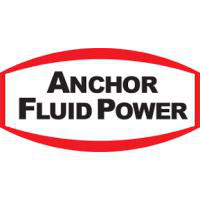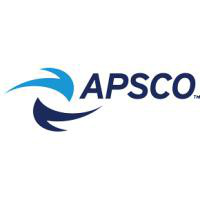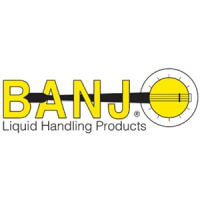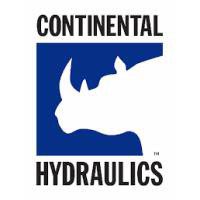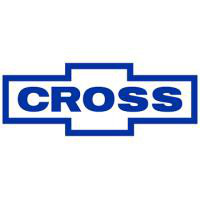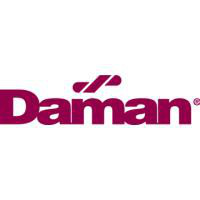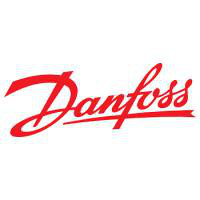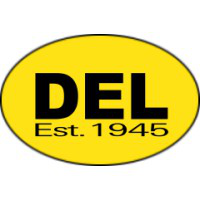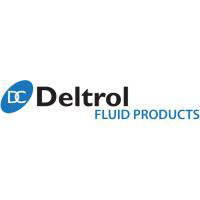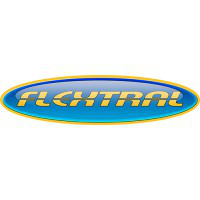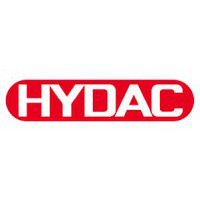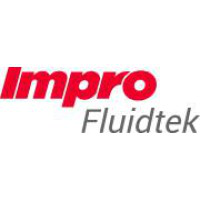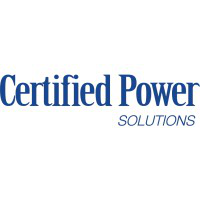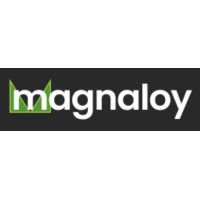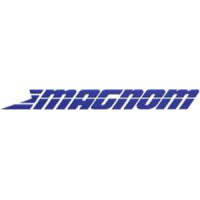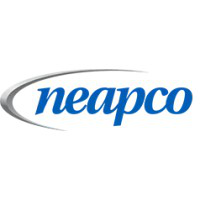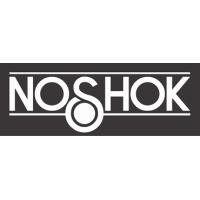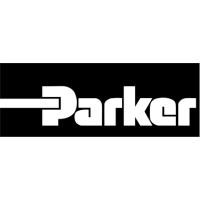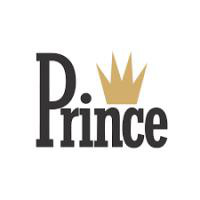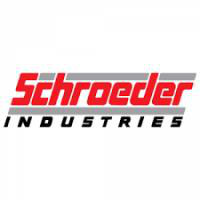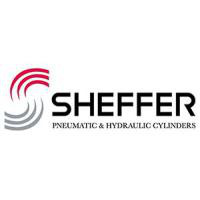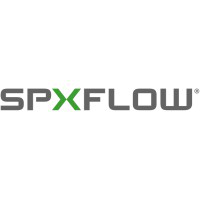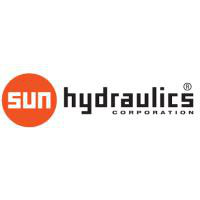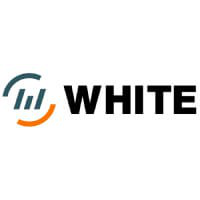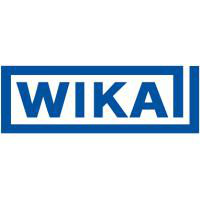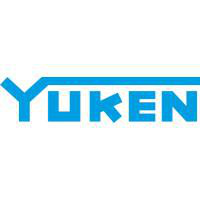Essential Guide to Hydraulic Power Unit Design
Discover key insights on how to effectively design hydraulic power units tailored to your needs.
Detailed Steps for Designing Your Hydraulic Power Unit
When designing a hydraulic power unit, several crucial factors must be considered to ensure the unit is efficient, durable, and tailored to meet the specific requirements of the application. This guide will walk you through the essential considerations for designing an effective hydraulic power unit.
Identify Power Requirements
First and foremost, understand the power requirements. It is essential to identify the load, the sequence of operations, and the number of actuators that will be involved. This initial analysis will help determine whether a standard pre-engineered unit will suffice or if a more complex, custom-built solution is required.
Consider Environment
Consider the operational environment. The environment in which the power unit will operate can greatly influence its design. Factors such as ambient temperature, humidity, potential salt spray, and elevation need to be taken into account to ensure proper function and longevity. For instance, units in high-elevation areas must be designed to handle different air intake needs compared to those at sea level.
Explore Custom Options
Customization options should also be explored. Depending on the space available and the specific requirements of your system, the design of your hydraulic power unit may need to be adjusted. This could involve configuring the layout of components to fit into tight spaces or ensuring that the unit can be easily integrated with existing machinery.
Design Around Maintenance
Serviceability is key. Design your unit with maintenance in mind to ensure that it can be easily serviced without requiring extensive downtime. Accessibility to components like filters and motors should be a priority, as should the consideration of how components are installed and replaced.
Aim for Noise Reduction
Address noise concerns. In many industrial settings, noise reduction is not just a preference but a regulatory requirement. Choosing components known for quiet operation, and designing the unit to minimize vibration and noise can be crucial.
Never Overlook Energy Efficiency
Energy efficiency should not be overlooked. With rising energy costs and increasing environmental awareness, designing a power unit that operates efficiently is more important than ever. Opt for components that offer the best energy efficiency ratings and consider the overall system's energy consumption during the design phase.
Balance Quality and Cost
Finally, balance the cost with quality. While it is tempting to go for the least expensive option, the cheapest components often lead to higher long-term costs due to maintenance, downtime, and replacement needs. Invest in quality components that offer a balance of cost efficiency and reliability.
Learn More About Certified Power Solutions Engineering Capabilities
Certified Power Solutions staffs a full service engineering team with extensive experience within the industrial marketplace.
Learn MoreOperational Advantages of Smart Hydraulic Power Units
Learn how smart hydraulic power units can streamline operations, ensuring energy efficiency and minimal downtime.
Read MoreWe Support The World’s Leading Manufacturers
The CPS Difference
No Gaps. No Games. No Guesswork.
Our value lies in providing both solutions and support to our customers. For over 50 years, Certified Power Solutions has worked to move the fluid power industry forward with system integrations, solutions, and support. As a premier value-added hydraulics and electronic controls supplier, we specialize in the design, integration, and assembly of fluid power systems.

